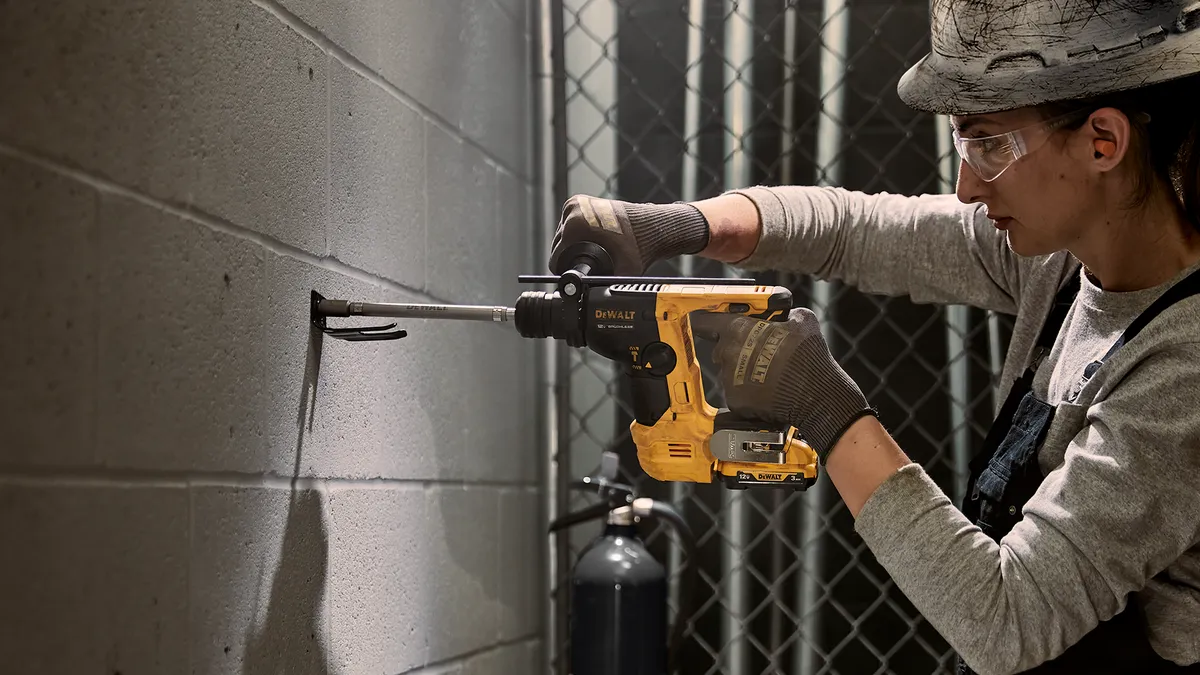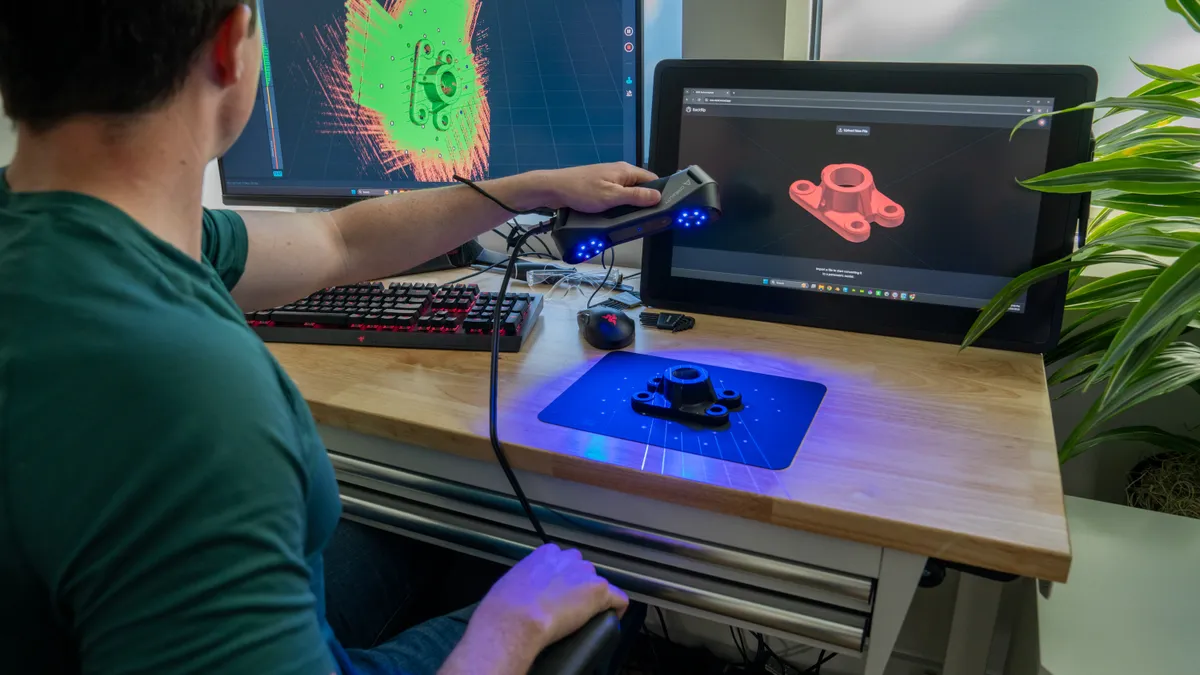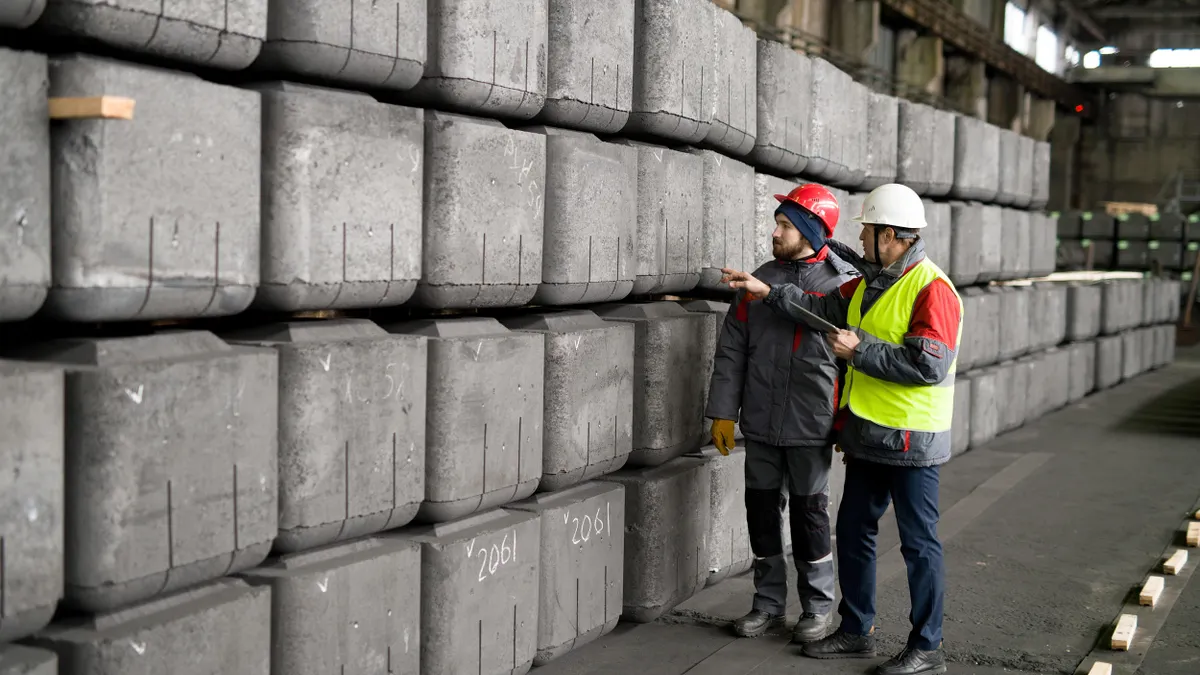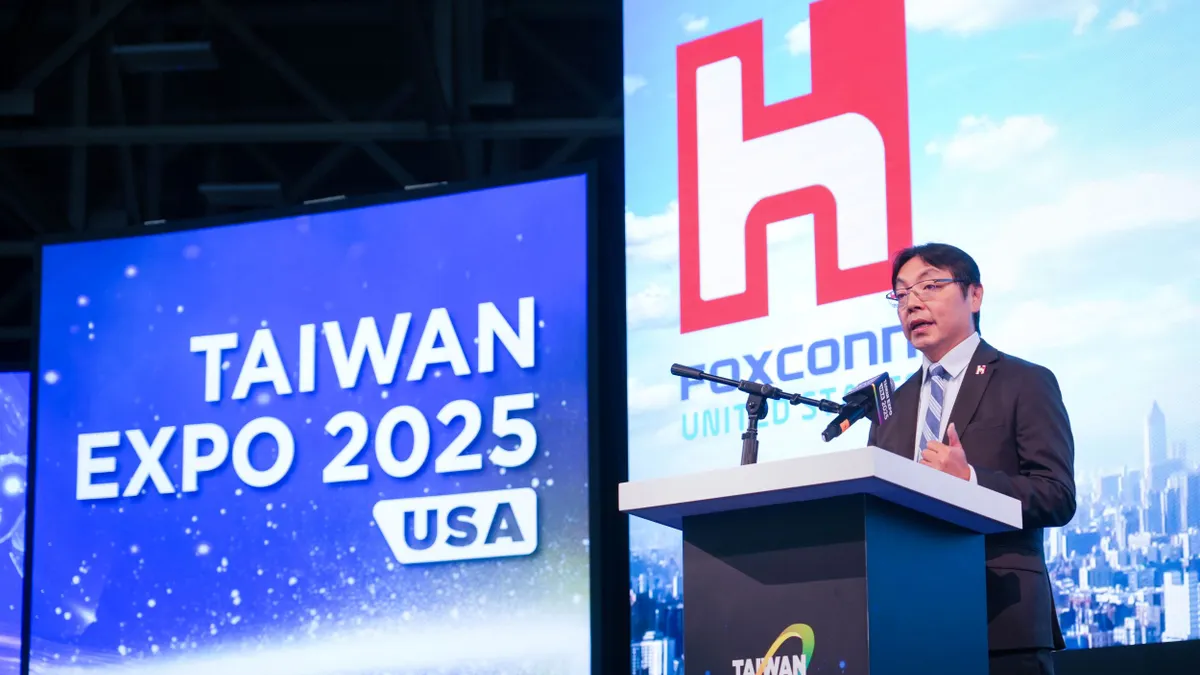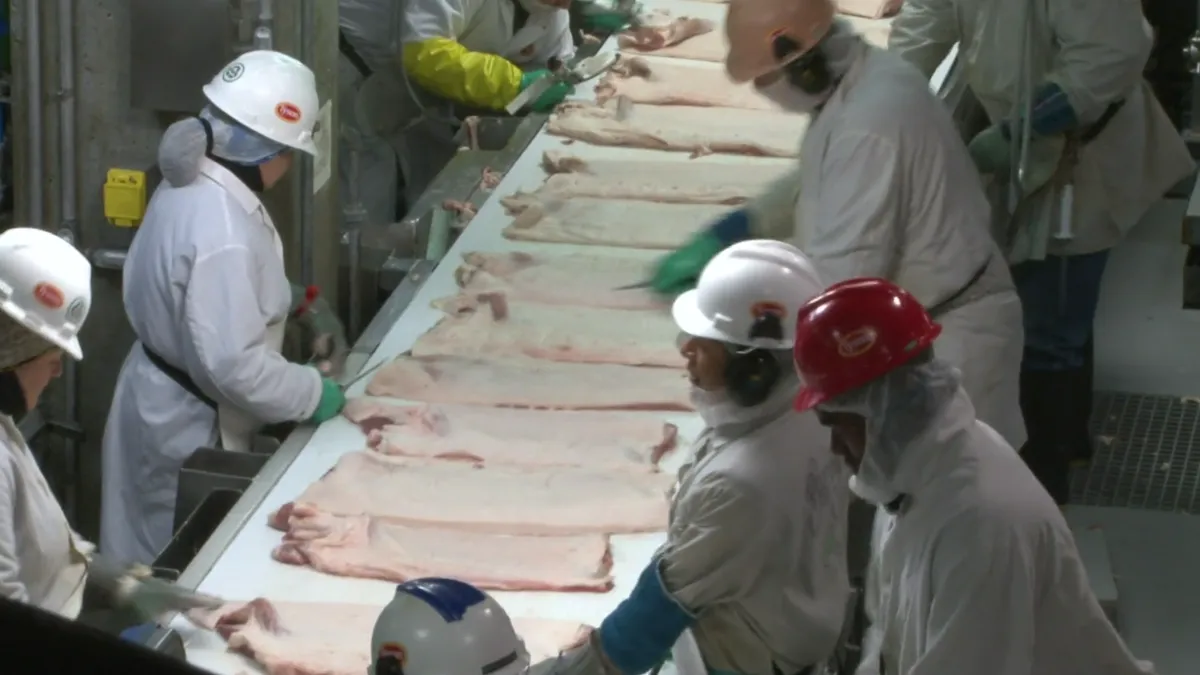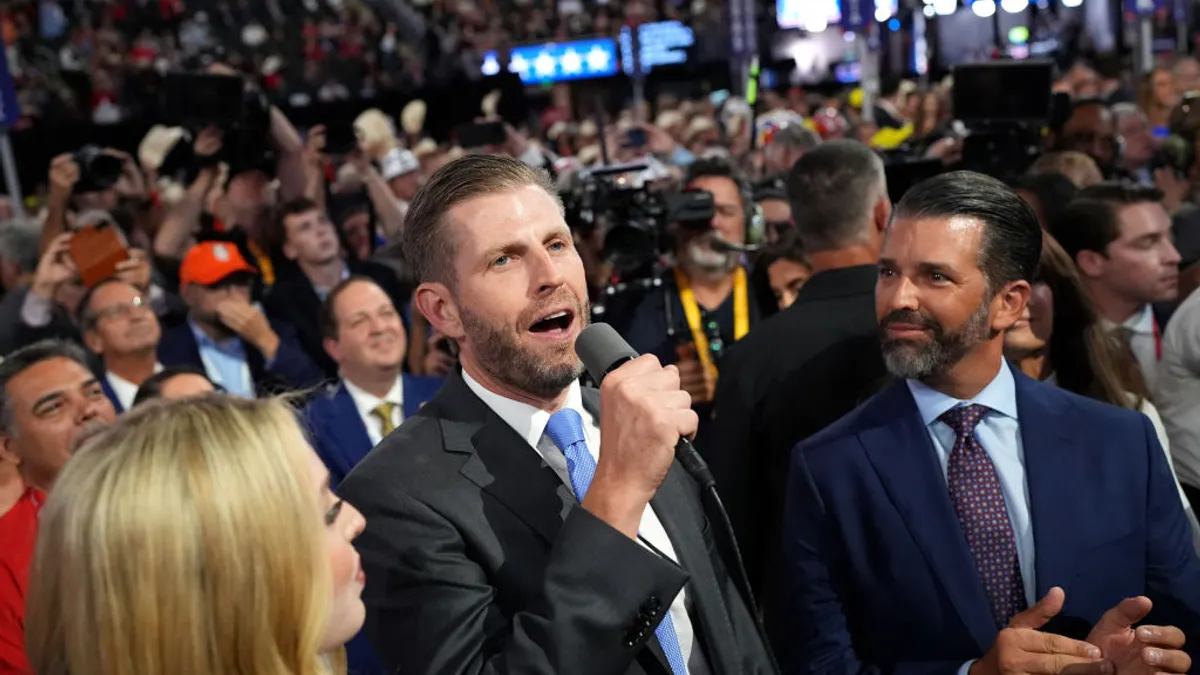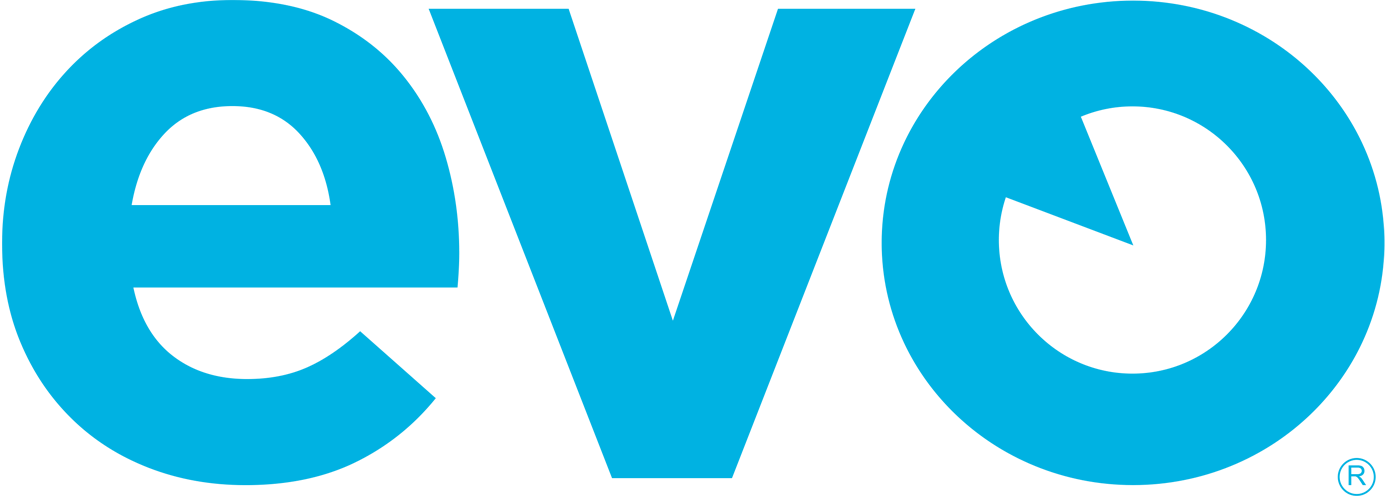Maria Ford started at Stanley Black & Decker as an intern on the Home Depot team in 1998. Now she serves as the U.S. president of commercial and industrial sales and marketing for Stanley Black & Decker.
Ford is based in Baltimore and leads a team of over 450 people and several brands under the company, including its largest, DeWalt, which manufactures power tools and outdoor products for the commercial construction market.
With women making up just 26% of the industry's leadership positions as of 2020, Ford is part of a small group in manufacturing and has seen the space evolve over the last two decades. She's also been active as a leader in the industry, chairing association groups like Women In Industry and the Industrial Supply Association. In fact, she’s the first women to hold her role in Stanley Black & Decker's history.
Manufacturing Dive caught up with Ford to talk about misconceptions and stereotypes women face in manufacturing and how companies can improve their recruitment and retainment efforts.
Editor’s note: This interview has been edited for length and clarity.
MFG Dive: What has been your career trajectory at Stanley Black & Decker?
FORD: I started actually as an intern. I went to college locally in Maryland at Loyola. At the time, Black and Decker was a local company headquartered here in Maryland. I actually had a college teammate — her name was Michelle and she graduated and earned her career at Black and Decker.
I say that because we talk a lot about women in industry and for me, it was seeing somebody who I very much looked up to, who, in fact, I still get to work with every single day, ironically. I saw her do it. So I figured, ‘Hey, it's something that I could embark on.’ At the time, it was a very, very less traveled space for women. And that's how I started my career.
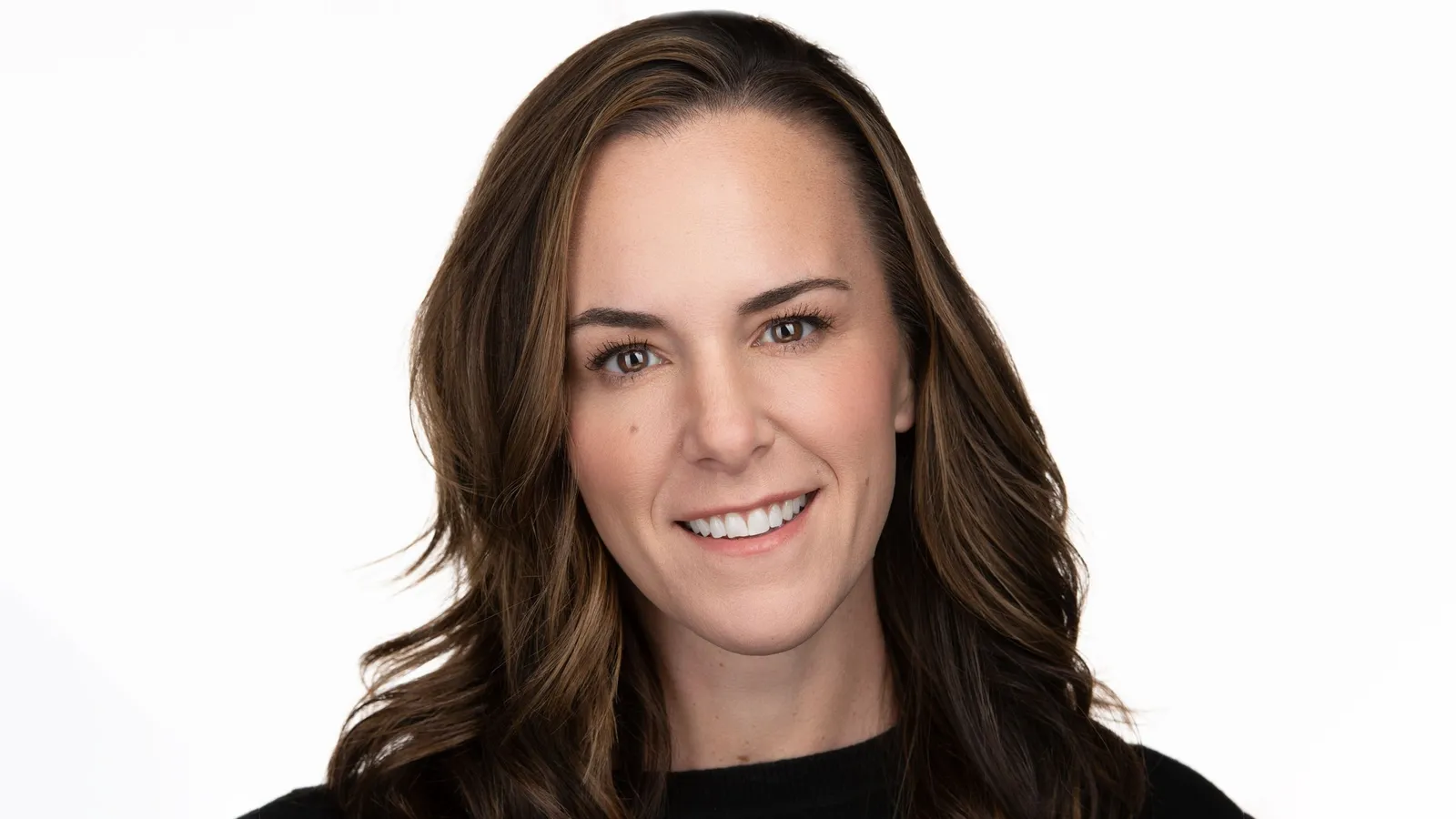
What kind of challenges have you seen for women in manufacturing throughout your career?
When [DeWalt] did our study prior to the North American Building Trades event in Dec. 2023, we got about 1,000 women that gave us some general feedback on what they're experiencing [and] it's absolutely around the issue of childcare and the cost of childcare.
For a lot of women in the industry, work doesn't start at 8 a.m. For a lot of them, they’re on job sites at 5:30 a.m., 6 a.m. And there's not many daycares that open up at [that time].
The notion of training and upskilling is another big piece. It's continuing to think about how do we train and develop our up-and-coming talent and specifically women.
It's not that it's any different than men, but ensuring that we're helping women through things like impostor syndrome.
Women try to be something different than maybe what they just are. I can admit early in my career, I felt as though I needed to be a certain way or act a certain way in meetings to fit in with all of my male counterparts.
I finally realized later in my career that I just needed to be who I was. I didn't need to be something different. So training on things like that – learning how to have a voice at a table, potentially at times full of men.
How has Stanley Black and Decker's culture changed over time?
Up until 10 years ago, it was very common to be in a meeting where there were maybe one or two women in the meeting. I think if you look at the mix of our field leadership team and my commercial and industrial space, I would say up until eight years ago, we had no female leaders whatsoever above a director level.
Now we've got many, we've got female vice presidents. I’m the first female to have this role, and I don't want to be the last and I know I won't be.
I think just those things alone are absolutely groundbreaking, truthfully, because it's been a tougher space to recruit women to by the nature of the environments of where our roles reside, which is on the manufacturing floor, in a commercial space, on a commercial job site. It can be intimidating.
But what's so important is that women see other women doing it, and it absolutely brings women along the journey.
"I finally realized later in my career that I just needed to be who I was. I didn’t need to be something different. So training on things like that – learning how to have a voice at a table, potentially at times full of men."

Maria Ford
U.S. President of Commercial and Industrial Sales and Marketing for Stanley Black & Decker
What are some common misconceptions about women in manufacturing?
I would call them stereotypes, right? “Well, they're female, they might not want to be in the environment. It's dirty. It's rough.”
They may not want to do these things once they have children, or they can’t do them because of that. I often used to get, "I can't travel because of my kids," or I would get put into a different box.
I'll never forget early in my career, someone said, "Your name came up for this commercial industrial space, and we don't think it's the best environment for you." And I said, "Why?" "Well, it's a tougher environment." And I said, "That's not fair to assume that."
So I think that happens a lot. It's a misconception that we can't be in those environments.
If you had to pick three ways manufacturing companies can recruit and retain more women, specifically in the industrial industry, what would they be?
If they have women in their company in senior level, mid-level roles, they need to be able to enhance their visibility. Women want to see that there are other women at the company.
The old term of ‘See her, be her.’ If I'm going to a company and I'm interviewing with 15 people that don't look or feel anything like me, it's really hard for me to envision that I might want to go work there.
For example, I have a lot of women on my team that are like, ‘I want to have kids someday and when I'm ready to, I want to talk to you about how you did it because it's about a balance, it’s tricky, it’s hard, I don't know that I can do it.’
And then primarily, do they have [diversity, equity and inclusion] teams? Do they have DE&I metrics? Is it part of [their] culture? Do they have employee resource groups?
And the third piece is just listening. Understanding that if you do have women in your company, and you're struggling, whether it's to retain women or attract women, or promote women, it's listening to the women that are there.
If women are leaving your company, it's important to ask why.
Sometimes it's also making things more available to our male counterparts. I've been amazed at what paternity leave has done to our company. It's not always just about thinking about the female side of it ironically, it's also making things ebb and flow for some of our male counterparts to bring them along in our journey.
Editor's note: The story has been updated to reflect Maria's Ford's current title.



